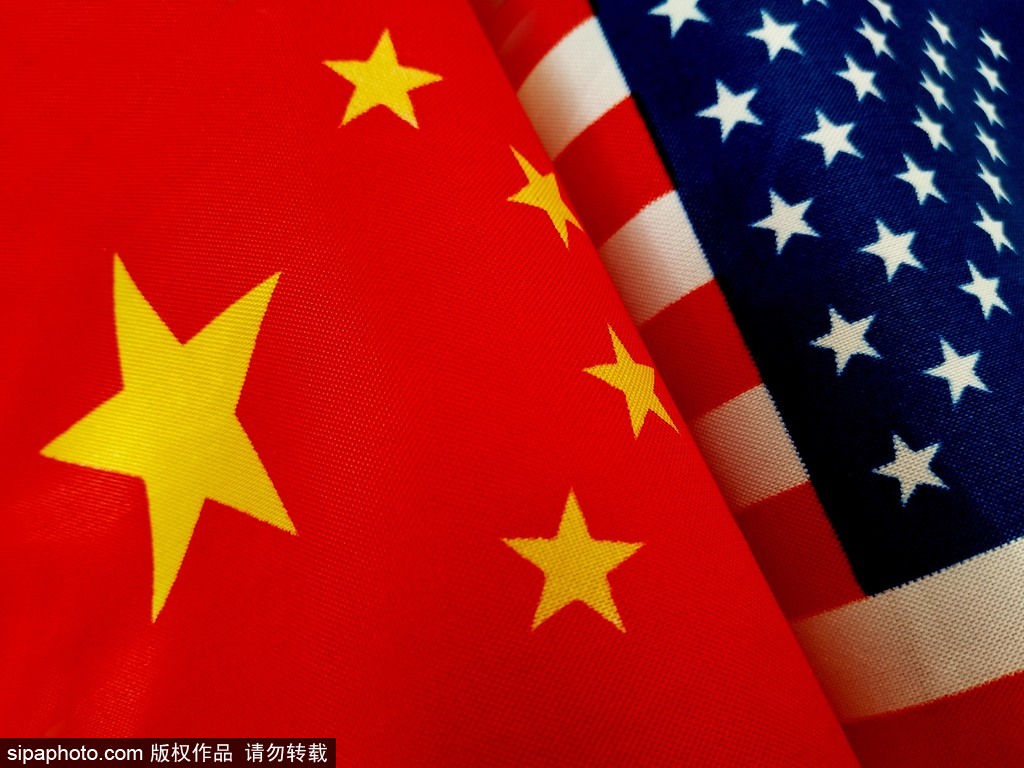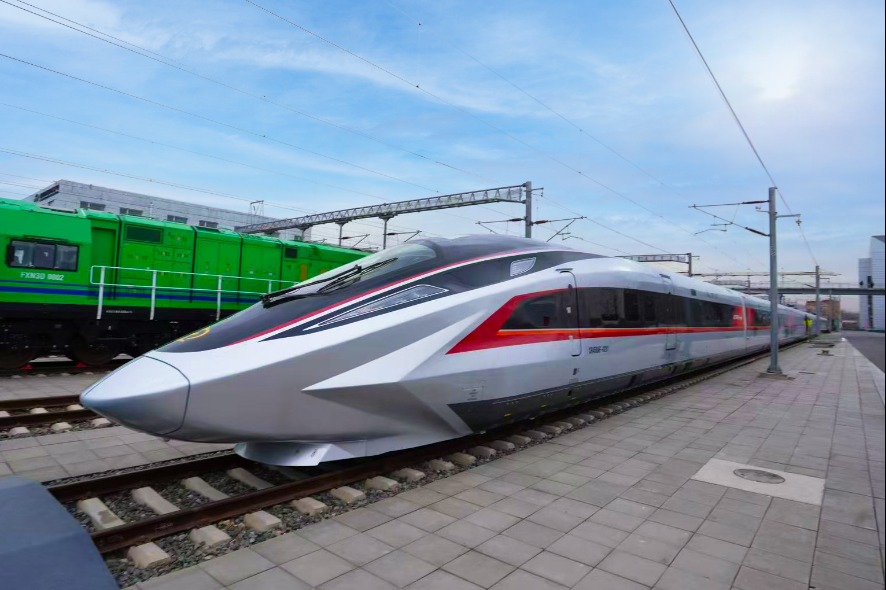Decoupling will also hurt US and its firms


Sino-US relations have taken a turn for the worse, prompting many analysts to say the world's two largest economies could be moving toward decoupling.
As two highly interdependent economies, can China and the US decouple easily? And what impact will the rising Sino-US tensions have on global economic recovery, especially as the novel coronavirus pandemic is yet to be contained globally?
Since the establishment of diplomatic ties 41 years ago, China and the United States have developed a deeply interdependent relationship; in particular, their interests and links are intertwined and inseparable in the economic and trade field.
Amid all this, the US has dealt another severe blow to bilateral ties by ordering the closure of the Chinese consulate in Houston, Texas, forcing Beijing to respond by asking Washington to close the US consulate in Chengdu, Sichuan province.
To top it all, US Secretary of State Mike Pompeo delivered a fiery speech at Nixon Library in California recently, which could be considered a declaration of a new "Cold War", accelerating the "decoupling" trend.
But contrary to what the White House says, any decoupling in the trade and economic field will also cause heavy losses to the US.
First, decoupling with China will result in giant US enterprises suffering big losses, as statistics show that one-third or more of the sales revenues of America's top five listed companies in 2017 came from China. And given the impact of the COVID-19 pandemic on the global economy, it will be difficult for those companies to find a market as big as China's.
Second, many relatively small US companies will also suffer, for they have long relied on components and parts supplied by China which have no ready substitutes. The new tariffs the US government has imposed on Chinese goods have seriously hurt the interests of small and medium-sized US enterprises, while the tariffs have failed to bring back jobs to the US, as the White House had claimed.
As a recent article in The Washington Post said, neither COVID-19 nor trade tensions will deter US companies from entering the Chinese market. In fact, in April ExxonMobil launched a large chemical project in Huizhou, Guangdong province, with an investment of $10 billion, mainly due to the huge potential of the Chinese market.
Some US economists have even said that China's would be the only large economy in the world to register GDP growth in 2020, and that the numbers of middle-and upper-middle-income groups in China will continue to grow over the next decade. And some US media outlets have stated that if US companies withdrew from the Chinese market, they would lose a lot of business opportunities.
Since the establishment of diplomatic ties in 1979, the steady development of Sino-US relations has helped sustain global peace and injected dynamism into global economic development. And at a time when the world is staring at the worst economic recession since the Great Depression due to the COVID-19 pandemic, the worsening of Sino-US relations will have a damaging impact on the world economy and employment.
Since China is the world's largest exporter and the US largest importer, the impact of Sino-US trade frictions will be felt around the world. Extensive and complex global industrial and supply chains have been built based on the smooth development of Sino-US relations, and once these chains are disrupted, let alone broken, many business entities and people around the world would be greatly affected.
If US politicians forcibly push for economic "decoupling" of China and the US in a bid to garner popular votes for their candidates in the presidential election, they could fracture the security of the global industrial and supply chains, trigger turmoil in the international financial market, and endanger international trade and economic growth. Artificial intervention in market economy and violation of free competition norms not only run counter to economic globalization but will also bring serious shocks and challenges to the world economic order and hinder the recovery of the global economy even after the pandemic is contained.
In addition, the rising tensions between China and the US will prompt some other countries and regions to take sides, increasing the political divisions in the world.
Since the antagonism between China and the US will harm international relations, the global economy and the international community, the two sides would do good to re-build mutual trust and renew their cooperation in order to sustain the global economic recovery.
The author is a researcher at the China Youth University of Political Studies.
The views don't necessarily reflect those of China Daily.

































